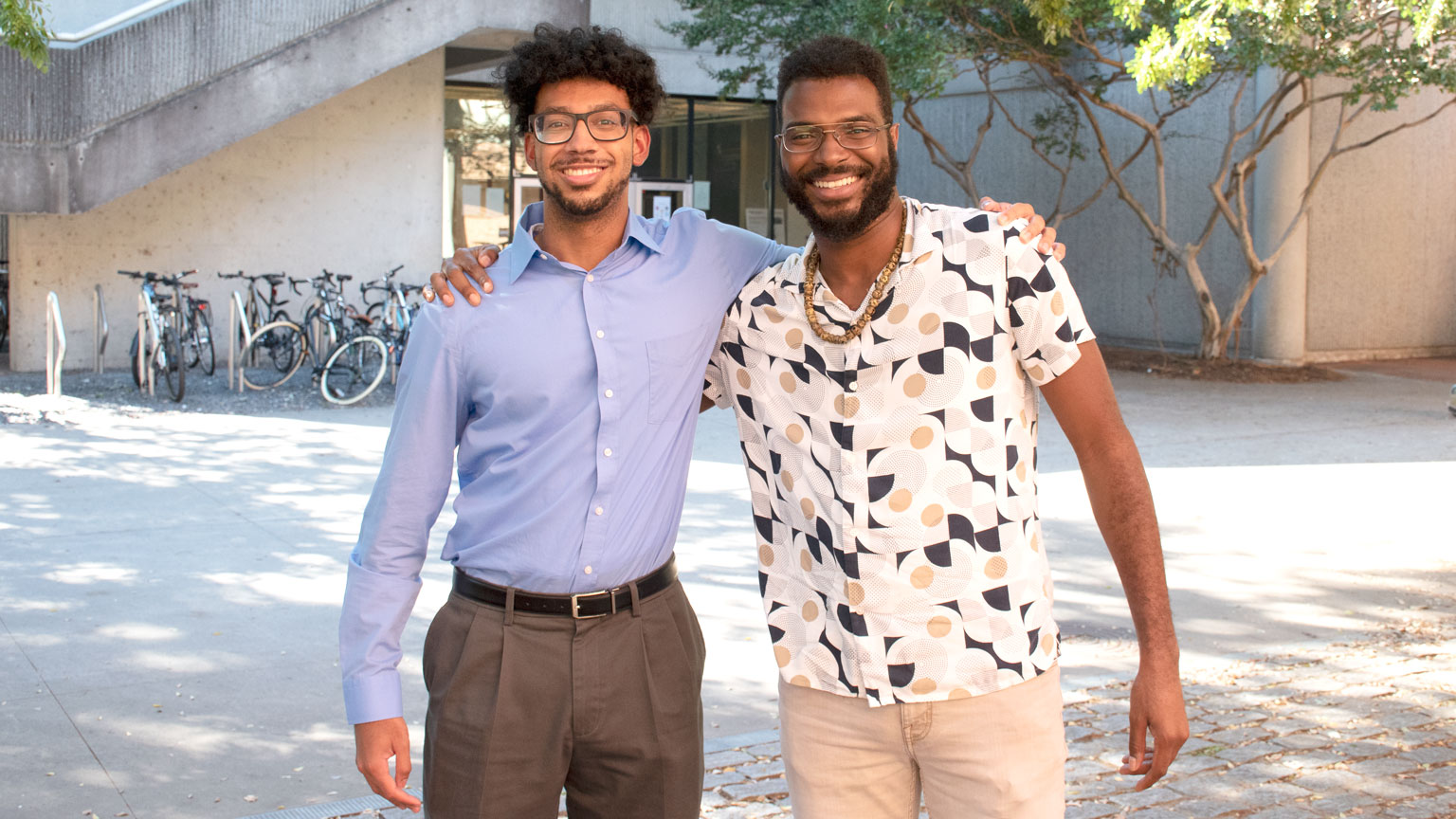
Support the Future of Planning
We are appreciative of the financial help provided by alumni and friends who share commitment to the values of sustainability, resilience and social justice that are the focus of our work in the School of City and Regional Planning. In today’s climate, private giving is essential to providing access to graduate education for many talented aspiring planners, and once students are on campus, private giving facilitates a richness in opportunities that is vital to the best preparation for meaningful professional practices.
Our ambitions are great, and we hope that you will play a part in fulfilling them.
Endowed graduate fellowships are vital to enabling the best and the brightest students to attend planning school. These endowments provide an annual income to assist with both academic and living expenses for graduate students.
Existing Endowments
Below is the list of existing endowments that were established in honor of our alumni and leaders.
- The City and Regional Planning General Development Fund - supports teaching and research in the School.
- The Frederick K. Bell Fellowship Endowment - supports MCRP students in memory of the Atlanta and South Carolina planner.
- The Thomas D. Galloway Fellowship Endowment - supports MCRP graduate students in memory of the former College of Design (formerly College of Architecture) dean.
- The Glatting, Jackson, Kercher, Anglin, Lopez Endowment - supports MCRP students working in areas of land development, transportation, and urban design.
- The Thera Richter Endowment - supports female MCRP students in memory of Tech’s first female master’s degree holder.
- The Frank Wilkinson Endowment - supports research on urban development outside of the Atlanta Metro region.
Successful cutting-edge research requires laboratory facilities, equipment, and support services that State resources cannot sufficiently fund. Faculty chair endowments are key to enabling faculty to conduct investigations that have promise for developing solutions to today’s planning problems and anticipating tomorrow’s challenges across the planning spectrum.
We believe it is essential that the next generation of planning leaders include those who come from communities of color. Their often-unheard voices must be amplified for us to create just, equitable, and inclusive communities for all.
In order to do so, we are creating two Equity, Justice & Inclusive Design Fellowships for aspiring graduate students who are Black, indigenous, or of color who need financial assistance to attend Georgia Tech. These awards began in fall 2021.
Meet the Inaugural EJID Fellowship Recipients

In 2020 the School of City & Regional Planning reissued a statement committing to justice and inclusive communities. Attached to the statement was an action plan setting out a list of goals and clearly defined plans to pursue the advancement of social and racial justice. The Equity, Justice, and Inclusive Design Fellowship campaign launched in November 2020 to meet one of these goals.
MCRP students Ethan Knight-Scott and Madison Davis were the inaugural recipients. They reflect on the impact of the fellowship and their future goals in a conversation with the School.